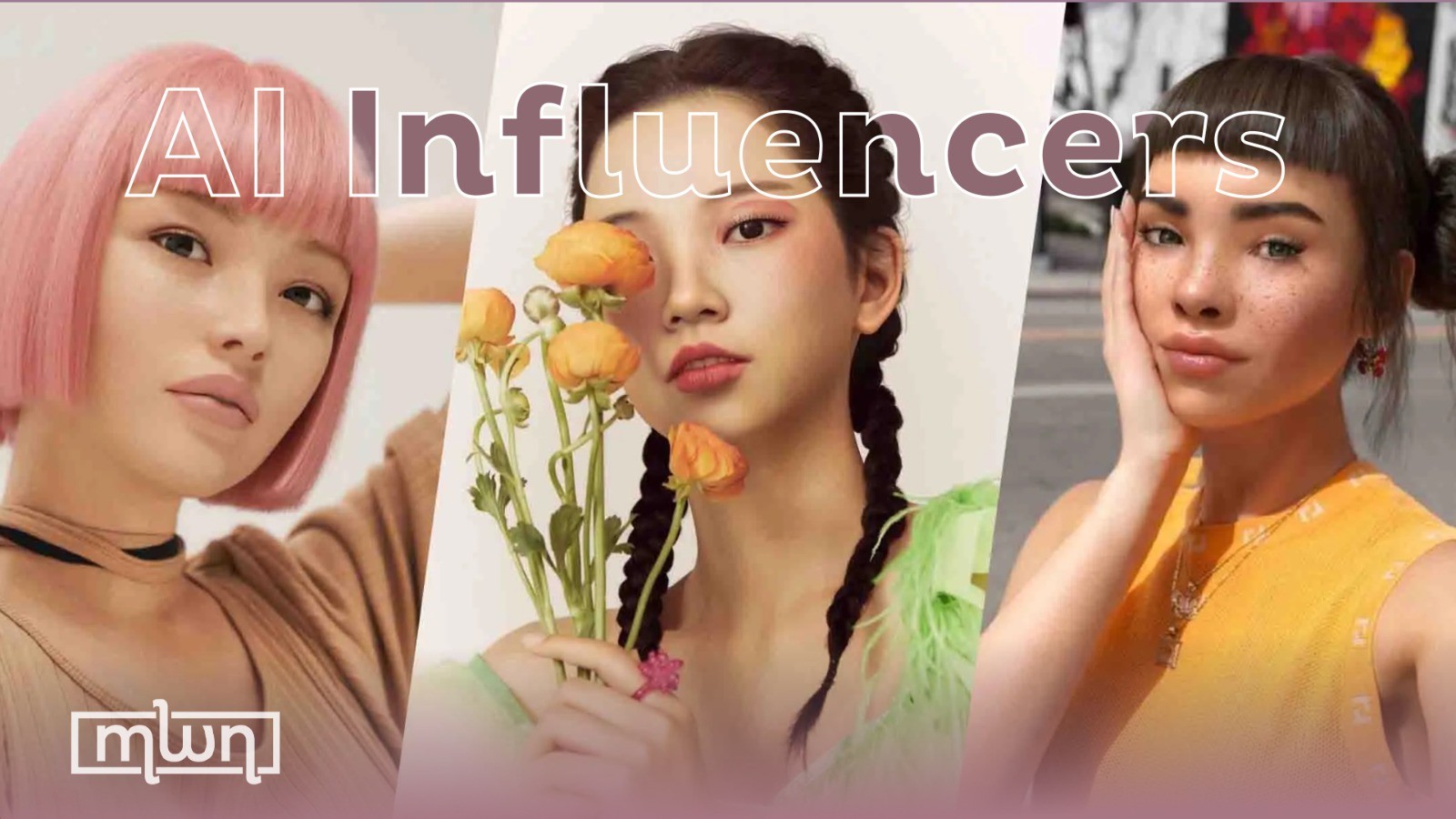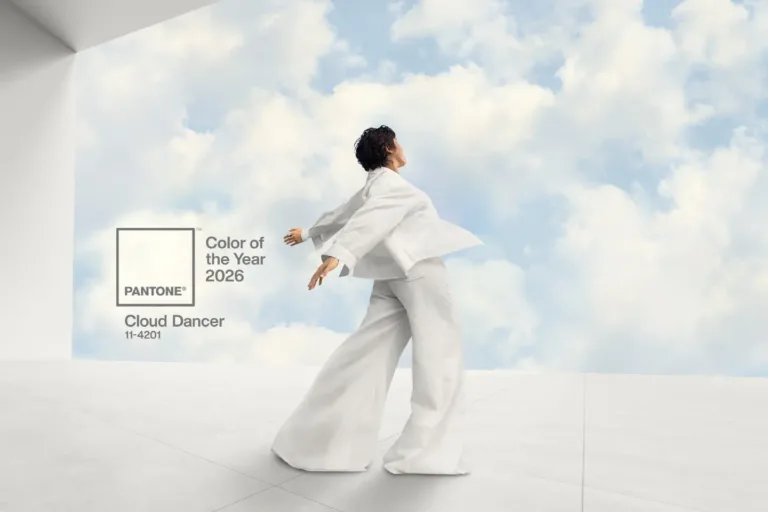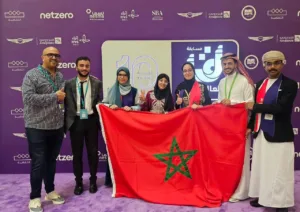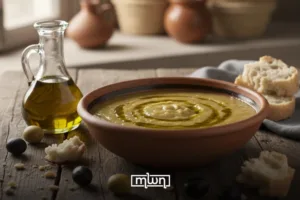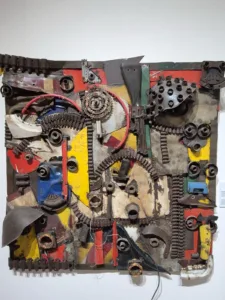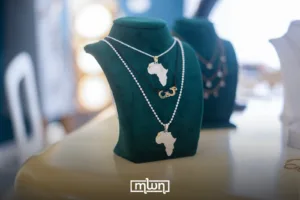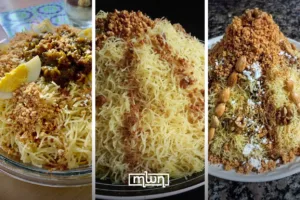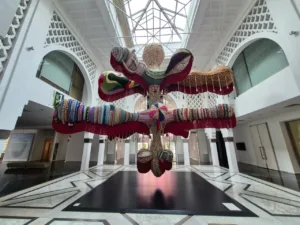Rabat – There’s a new wave of chic influencers in town, and they’re not even human.
Meet the digital celebrities that are sweeping across TikTok, Instagram, and other platforms: the AI influencers.
These influencers aren’t flesh and blood. Instead, they’re just algorithms and lines of code meant to attract viewers everywhere.
In a world where authenticity is the currency of influence, you may be wondering how a non-human entity can possibly resonate with people around the world.
Well, these AI influencers have certainly perfected the art of charm, humor, and relatability, all with a touch of digital magic.
Take Lil Miquela, for example, the internet celebrity known for her activism and love of fashion.
On her instagram bio, she describes herself as a 19-year-old robot living in Los Angeles.
With her flawless CGI-rendered appearance and engaging personality, she’s amassed a following that rivals many A-list celebrities.
Lil Miquela is evidence that AI influencers are not just about beauty or physical attractiveness; they also have a voice and a purpose. For example, Lil Miquela is passionate about sustainable fashion and a vocal advocate for social justice causes.
But there are a ton of digital personalities competing for attention; it’s not just one AI influencer making headlines.
Every AI influencer, from the mysterious Blawko22 to Noonoouri, adds a distinct taste to the digital scene and captivates viewers with their otherworldly allure.
The secret ingredient behind the appeal of AI influencers is the element of mystery.
Unlike human influencers, AI influencers are draped in mystery as interest only exists online.
As AI influencers continue to gain in prominence and cultural relevance, human readers will no doubt ask: Who is behind the screen? What drives AI influencers’ digital persona?
Yet the fact remains that, from luxury fashion brands to tech giants, everyone in the click-chasing industry now appears to want a piece of the AI influencer pie.
In that sense, AI influencers offer a glimpse into the future of marketing and brand partnerships.
They provide a new frontier for advertisers trying to reach audiences in creative ways, since they can easily include endorsements and product placements into their content.
But despite the creative synergy, concerns remain about the far-reaching implications of AI influencers’ growing appeal.
One significant concern arises has to do with the impact AI influencers could have on the business model of their flesh-and-blood counterparts.
For one thing, real influencers who depend on their sincerity and close relationship with audiences face an impending danger as this new wave of impeccably chic AI influencers gain more traction. This means human influencers could soon find it difficult to compete in the increasingly competitive digital market.
With more than 243,000 Instagram followers, Aitana Lopez has made a name for herself as a well-known AI influencer.
According to the Financial Times, she defies not being a human and commands monthly wages of up to $11,000. She also receives $1,000 every post for brand endorsements from big brands like haircare company Olaplex and lingerie giant Victoria’s Secret.
On X, formerly Twitter, some commenters have voiced their concerns about the rise of AI influencers in a rather sarcastic manner.
“In the past, we needed to deal with endless “Instacoaches” with fancy lifestyles. Today, we have AI influencers. God… Help us to find the right way,” one commenter wrote.
Another highlighted the absurdity of the situation while poking fun at the phenomenon of individuals forming attachments to virtual influencers? They humorously commented: “If you are having a bad day. Just know there are men out there simping to AI generated influencers on Instagram. See, things aren’t that bad after alle.”
While social media users debate the ethical implications of this trend, one thing remains certain: Like them or not, AI influencers are here to stay.
For better or worse, the partnership between humans and AI influencers offers a glimpse into the future of creative collaboration.
So, as we ponder the future of influencer culture, let’s not forget to ask ourselves: are AI influencers a blessing in disguise, or a Pandora’s box waiting to be opened?

